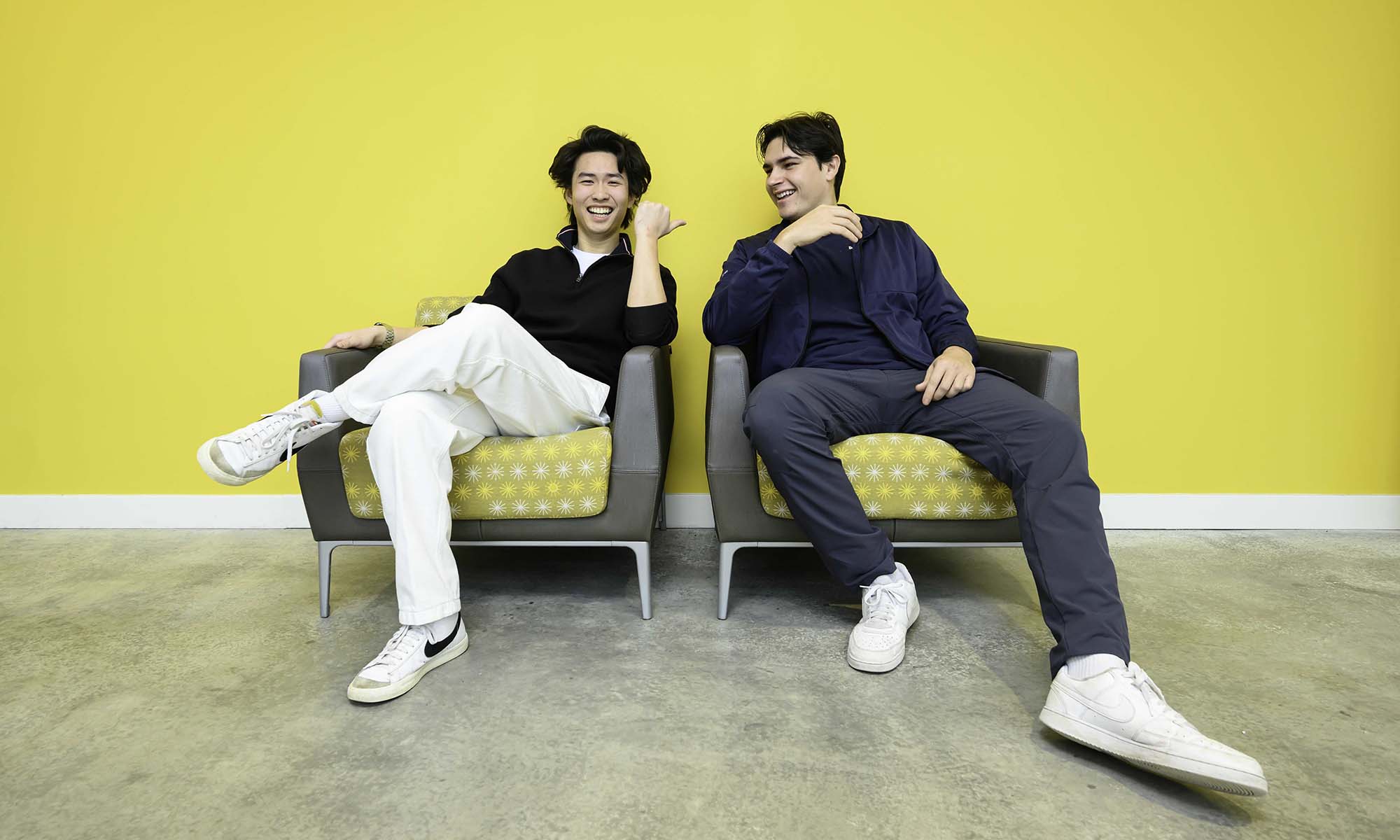
Society & Culture
The secret to happiness? Feeling loved
Two psychologists—one a happiness researcher and the other a relationship expert—say love isn’t found. It’s created, one mindset at a time.

This unique national resource powers breakthroughs in fusion, national security, and technologies we use every day.











